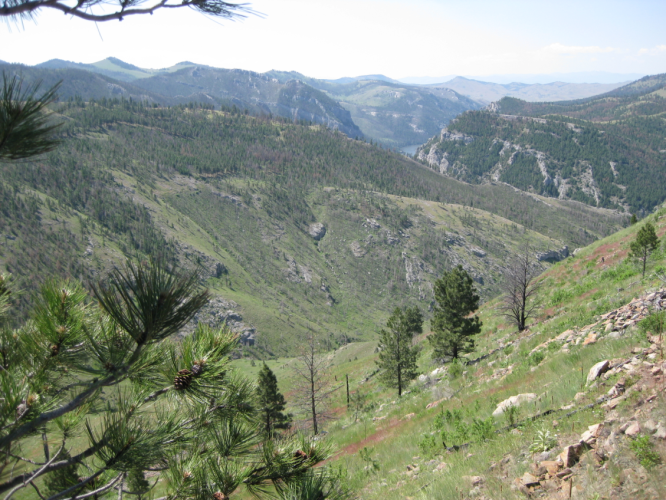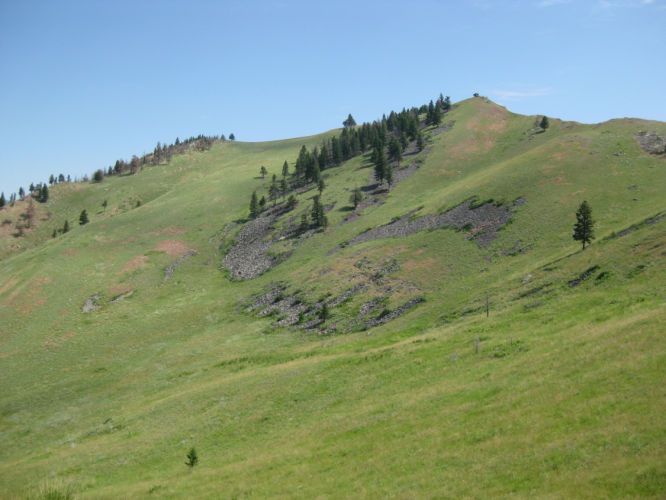Caseknife
Well-known member
My oldest sister was a career geologist for the FS and finished her career in Prineville, she was still there when the Prineville Hotshots were killed in the South Canyon fire and it hit the community pretty hard. Lots of management mistakes happened in that fire. I think I still have both of those books and will have to reread them.






